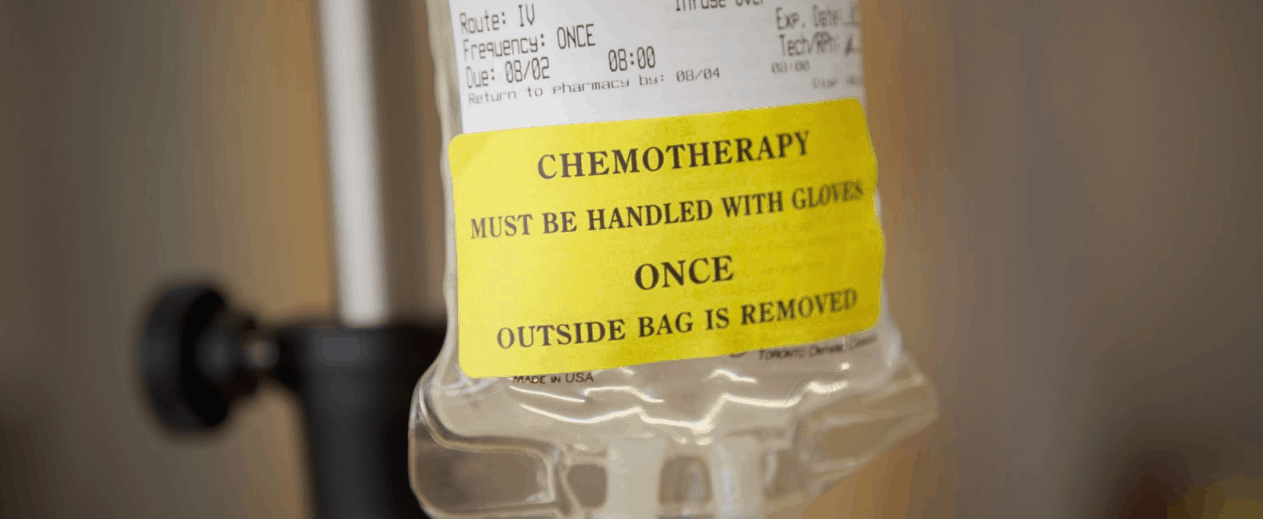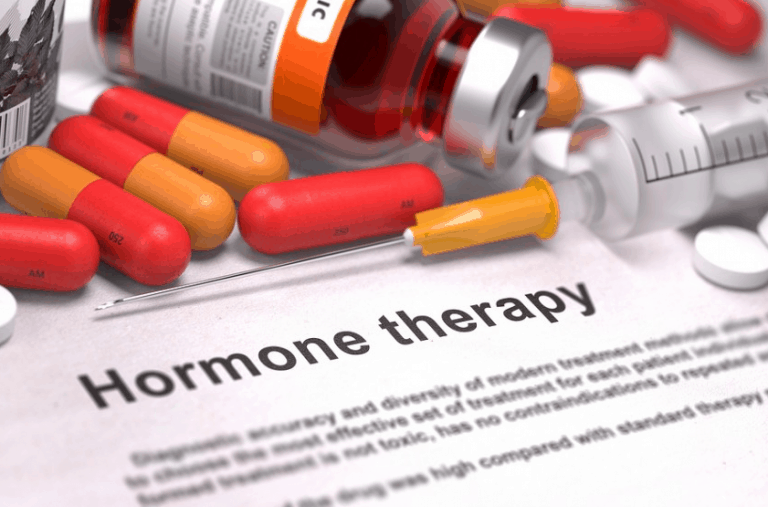All the test results are in and so is the diagnosis: prostate cancer. What should you do now? It is time to learn as much as you can about your treatment options and then, with the guidance of your physicians, make a decision that best suits your situation. If possible, it is best to consult more than one prostate cancer specialist–a medical oncologist, a radiation oncologist, and a urologist—to help you with the process.
There are a number of treatment options for prostate cancer. However, there is generally no right answer for the best prostate cancer treatment because there is a lack of good data from well-run trials to determine the best course of therapy. That’s one reason why it is so important to consult with several experts when making your decision.
A key factor you need to consider, and which many people neglect, is choosing your doctor. Generally, doctors who treat prostate cancer tend to recommend the procedures they are accustomed to performing. Therefore a surgeon will recommend surgery, a radiation oncologist will suggest radiation, and so on. Keep this in mind when you are considering your treatment options and make sure you explore all the options before making a decision. No matter what treatment option is chosen, you need to also consider lifestyle and other considerations as maintaining maximum immunity and health is fundamental to recovery and long-term wellness.
And finally, you need to determine what is important to you in terms of your post-treatment priorities, as now is also the time to start planning for recovery. Factors such as incontinence, erectile dysfunction and penile rehabilitation and other concerns should be discussed and planned based on your individual circumstances and priorities.
The following questions are offered to help you make your decision and to understand the possible and probable consequences of choosing chemotherapy.
Given my age, preferences, stage and grade of cancer, and overall health, is chemotherapy the best treatment for me?
Which medical expert should I consult about my chemotherapy?
Which chemotherapy drugs are given for prostate cancer?
Why are two or more drugs often prescribed together for prostate cancer? Will I need to take two or more drugs?
How and where is chemotherapy administered?
How often will I receive treatments?
How long does each treatment session last?
What changes can I make in diet and lifestyle that can minimize side effects associated with chemotherapy?
What are the chances I will experience the following side effects? [1]
- Anemia
- Bleeding/bruising
- Diarrhea
- Erectile dysfunction [2]
- Fatigue
- Fever
- Fluid retention
- Hair loss [3]
- Increased risk of infection
- Loss of appetite
- Mouth sores
- Nail changes
- Nausea and vomiting [4]
- Shortness of breath
- Tingling and numbness in the fingers
- Urinary incontinence [5]
Should I participate in a clinical trial for chemotherapy? [6]
Can I take other medications while on chemotherapy? [7]
Can I take nutritional and/or herbal supplements while on chemotherapy? [7]
What diet is the best to follow while on chemotherapy and after treatment?
Can I continue to exercise while on chemotherapy?
Can I continue to work while on chemotherapy?
How effective is chemotherapy in relieving pain associated with cancer that has spread to the bones? [8]
Will I need to participate in other therapy, such as hormone or radiation, while on chemotherapy?
How effective is chemotherapy in extending life expectancy in prostate cancer? [9]
If chemotherapy is not successful, what are my options?
[1] The chemotherapy drugs available for prostate cancer each act in a slightly different way, and they provide different results for every patient. We can use the most common chemotherapy drug, docetaxel (Taxotere) as an example. The average side effect incidence is: fever with a low white blood cell count (which increases a man’s risk of infection) that requires medical attention, 3%; significant fatigue, 50%; numbness in toes or fingers, 33%; hair loss, 65%; diarrhea, 32%; nail changes, 30%; loss of appetite,20%; shortness of breath, 15%; fluid retention 10-20%; anemia, 5%, bleeding or bruising, 1%. Source: Prostate Cancer Foundation
[2] The American Cancer Society reports that chemotherapy can, but does not always, have an effect on sexual function. The actual impact depends on the individual’s age, the drugs used, and overall health. Ask your healthcare providers about the sexual function side effects associated with the chemotherapy drugs you will be taking.
[3] The Mayo Clinic notes that hair loss is a common side effect of chemotherapy, but the severity of hair loss (from all over the body, not just the head) depends on which drug(s) you take. Some drugs are more likely than others to cause hair loss, and different doses of drugs can cause varying degrees of loss. Most of the time hair loss is temporary. Your healthcare provider will be able to explain what to expect with the chemotherapy drug(s) you are prescribed.
[4] Although approximately 70 to 80 percent of people who take chemotherapy risk experiencing nausea and vomiting, medications to prevent these side effects (e.g., aprepitant, dolesetron, granisetron, ondansetron, palonosetron) of chemotherapy are now routinely prescribed and have significantly reduced and even eliminated these side effects for many patients.
[5] The American Cancer Society reports that chemotherapy can irritate the bladder and kidneys and cause urinary symptoms, depending on which drugs are used. Ask your healthcare providers about the urinary side effects associated with the chemotherapy drugs you will be taking.
[6] At any one time, there are dozens of studies around the country of chemotherapy for prostate cancer. You can visit the government’s clinical trial website (https://clinicaltrials.gov/) and talk to your doctor about possibly participating in a study.
[7] The American Cancer Society warns that other medications you take may interfere with chemotherapy drugs. You need to tell your healthcare providers about any over-the-counter, prescription, or illicit drugs you may be using, as well as any nutritional and herbal supplements.
[8] Zoledronic acid is one of the drugs that has been studied extensively in treating prostate cancer that has spread to the bone. Saad F, Eastham J. maintaining bone health in prostate cancer throughout the disease continuum. Semin Oncol 2010 Jun; 37 Suppl 1:S30-37
[9] New chemotherapy drugs and new drug combinations are being studied all the time. For example, a recent study found that the chemotherapy drug cabazitaxel plus prednisone, compared with the combination of mitoxantrone and prednisone, extended the life of men by 2.4 months. Talk to your healthcare provider about all the possible combinations and experimental drugs available. de Bono JS et al. Prednisone plus cabazitaxel or mitoxantrone for metastatic castration-resistant prostate cancer progressing after docetaxel treatment: a randomized open-label trial. Lancet 2010 Oct 2; 376(9747): 1147-54






